Most people don’t closely analyze what type of media they consume. Sure, they’ll look over the summary of a movie or maybe even glance through reviews, but they won’t try to understand how it could impact future choices they make. If you were to explain to them that bingeing romance movies heavily increases their chances of developing certain ideas about what a romantic relationship should be, as well as influencing the type of romantic partner they will want in the future, would they reconsider what they watch?
Younger audiences tend to be influenced by romance portrayed in movies, as most of them haven’t had the time to actually form enough genuine relationships. They tend to idealize certain relationships and use romance that’s portrayed in films and in television shows as a sort of guide for how they should live their lives or what choices they should make.
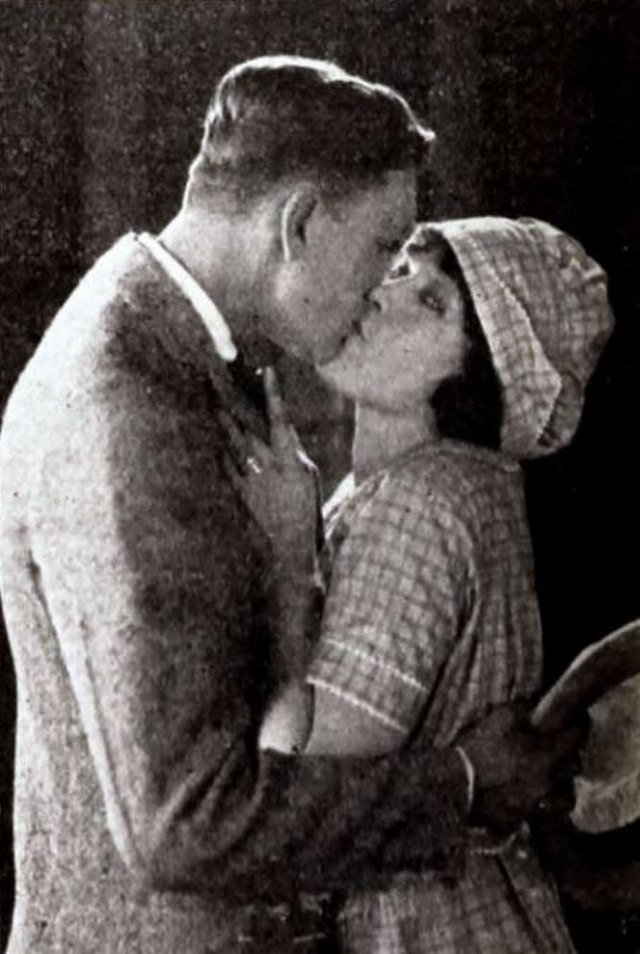
This type of mirroring behavior is common regardless of the genre of the film, as there has been research conducted about the effects of film on adolescents. “Children’s lifetime superhero exposure may influence children’s risk-taking. Given American children’s substantial media exposure, research should continue to unpack the role of superhero media on children’s unintentional injury and other health risk behaviors.”1
To give an example of this, we have eighteen-year-old Elle Williams who has just started attending college away from her hometown, meaning she doesn’t have her friends around her to make her feel comfortable when she’s attending school, and she has no relatives living near her. She feels alone. All she wants is someone around her who cares. It’s hard living in a cramped dorm with no one to really speak to. All she does is watch movie after movie, barely making any friends as she’s holed up in her room, but can you really blame her? Almost everyone she’s tried to interact with is doing the same thing. Most people just don’t look too excited to have a conversation with a complete stranger. It’s not like Elle was completely friendless; she had a total of two friends that were not from her hometown. While she’s happy to even have any friends in college, she would be lying if she said she wasn’t upset when they couldn’t hang out more often with her. Her friends both had significant others, which meant that they would hang out with them rather than with Elle. While she was obviously happy for her friends, she couldn’t help feeling a tad envious. Elle had never had a serious relationship before. She had small crushes on people every other week, which would usually fade in a few days. Being the single friend really bummed her out; what was it about her that was unappealing? Why couldn’t she be swept off her feet by an attractive person and go on cute dates just like every other person was experiencing?
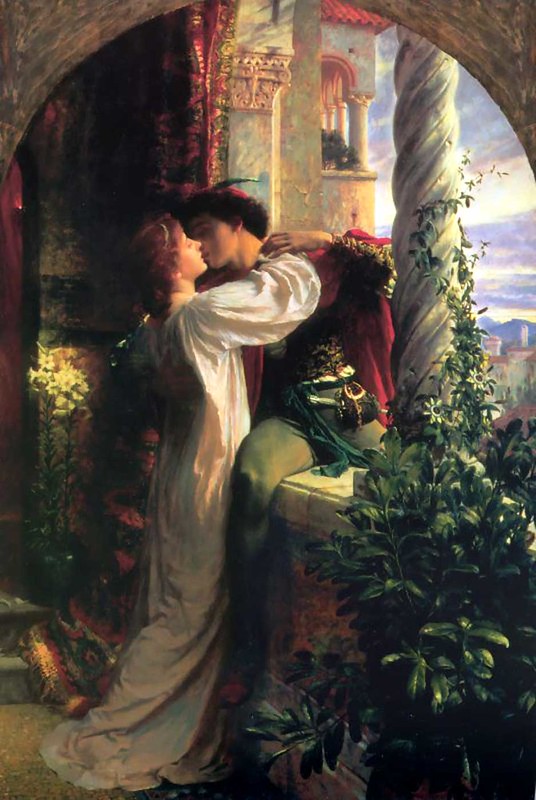
That was just how her life went. At least, that’s how it went until she met Daniel. Now Daniel was Elle’s dream guy. He was slightly taller than her, usually had a pair of wired earbuds stuck in his ears regardless of whether class was in session or not, and he wore oversized sweaters. Now, this might not seem like the most attractive person in the world, but to Elle, he was. Elle was experiencing the eros style of love, which is one of the six styles of love. She placed him at an “ideal” image of physical beauty, where she’s immediately drawn into him to the point where she disregards any immediate red flags in his behavior. But, to be fair, this is something that is normalized in romantic films, as it’s not revealed until the climax of the movie what someone’s true intentions are, or at least by then the rose-colored glasses come off the main character’s eyes.2
For example, in the movie Clueless, the main character Cher has fallen for a transfer student Christian, who’s unlike any of the boys in her class. She does so much to pursue him, due to her attraction to him, but she doesn’t even see that Christian is just not into her, or any girl for the matter.3
Now the film Romeo & Juliet showcases another big trope, that of love at first sight. One of the main characters, Romeo, goes to a costume party, where he lays eyes on the beautiful Juliet and immediately falls in love with her. This is highly unrealistic; no one actually falls in love with someone that fast; rather, they’re obsessed with the idea of someone.4
The normalization of first love at sight in movies is a very problematical trope, as it’s essentially creating a fantasy of someone you don’t know. This unknowingly influences audiences to create stories about who someone is, rather than actually paying attention to red flags in their behavior. This would ultimately lead to disappointment, as no one can live up to the fantasy that someone has created about him or her. “As the intensity of the longing and the passion felt and why eros disappoints many and drives some to abject despair. But not only is this desired state fleeting at best and unrealistic on the whole, the quest for it also is often self-defeating.”2
From the time they met, Elle and Daniel hung out consecutively for at least four months, where they went on dates and just had fun with each other. Honestly, Elle had been living in this state of euphoria, where everything feels great and nothing could ruin her mood; that is, until one of her friend’s asked if Elle and Daniel were exclusive now. What did that even mean? They hung out with each other almost every other day. Of course they were exclusive; they just hadn’t given it a defining label yet. She had seen enough romance movies to know that everything was fine, and nothing major had happened. She tried to convince herself that their lack of communication wasn’t anything that seriously bothered her; but it really did. “It may be that because the romantic comedy genre attracts a large female audience (Fischoff, Antonio, & Lewis, 1997), filmmakers are intentionally featuring the types of relationships that women want most—those in which both partners discuss the relationship.”6
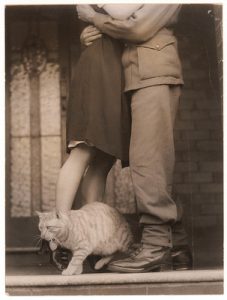
Elle was now experiencing manic love, where she spends all of her free time obsessing over Daniel, and spends countless hours dwelling on all the things that could go wrong, creating more anxiety for her. She realized that she wanted that label “exclusive.” She needed that sense of security. Now, Elle was hoping for a happy ending with Daniel. However, that’s not how it went. She brought up her concerns to him one day, and he told her he never had any intention to be serious or exclusive with her. That broke her heart, and it seriously messed with her perception of romance for a while. But she had to get over it, at least after a few months of crying and watching more romance movies. People could say that watching so many of these movies is what got her here in the first place, and that statement holds some truth to it. Continuing to watch these films, rather than using other resources to help her redefine her concept of a realistic relationship, just perpetuates the challenge of entering into a meaningful relationship with a significant other.
Being able to recognize that movies can influence her choices in romantic relationships is a good thing. This will allow Elle to have a better view of what she values in a partner, and what’s important to her, rather than simply putting up with ambiguity. And now she’s cautious when she views her romantic partners. She no longer idealizes them, and puts them on a pedestal; rather, she is able to hold them accountable for their actions. Galician (2004), an author of a critical analysis of romantic media, argues that people seek romantic content in the media in order to see relationships that appear to work despite all obstacles. Further, previous work has documented that young people seek out romantic media content in order to learn about relationships.6
It’s important for everyone, especially younger audiences, to realize that the types of films they watch do impact decisions they make and how they may perceive themselves. By acknowledging that movies have this type of influence over the way that people think, it’ll become easier to distinguish fantasy from reality, and possibly save someone from another heartbreak, or help them take that leap of faith when meeting someone new.
- Casie H Morgan, Barbara A Morrongiello, and David C Schwebel, “Short- and Long-Term Effects of Superhero Media on Young Children’s Risk-Taking Behaviors,” Journal of Pediatric Psychology 46, no. 7 (August 2021): 779–89, https://doi.org/10.1093/jpepsy/jsaa133. ↵
- Francis Duffy, “Attraction and Love,” Salem Press Encyclopedia, 2021. ↵
- Amy Heckerling, Clueless, 1995, Paramount Pictures. ↵
- Baz Luhrmann, 1996, Romeo & Juliet, United States: Twentieth Century Fox. ↵
- Francis Duffy, “Attraction and Love,” Salem Press Encyclopedia, 2021. ↵
- Veronica Hefner and Barbara J. Wilson, “From Love at First Sight to Soul Mate: The Influence of Romantic Ideals in Popular Films on Young People’s Beliefs about Relationships,” Communication Monographs 80, no. 2 (June 2013): 150–75, https://doi.org/10.1080/03637751.2013.776697. ↵
- Veronica Hefner and Barbara J. Wilson, “From Love at First Sight to Soul Mate: The Influence of Romantic Ideals in Popular Films on Young People’s Beliefs about Relationships,” Communication Monographs 80, no. 2 (June 2013): 150–75, https://doi.org/10.1080/03637751.2013.776697. ↵
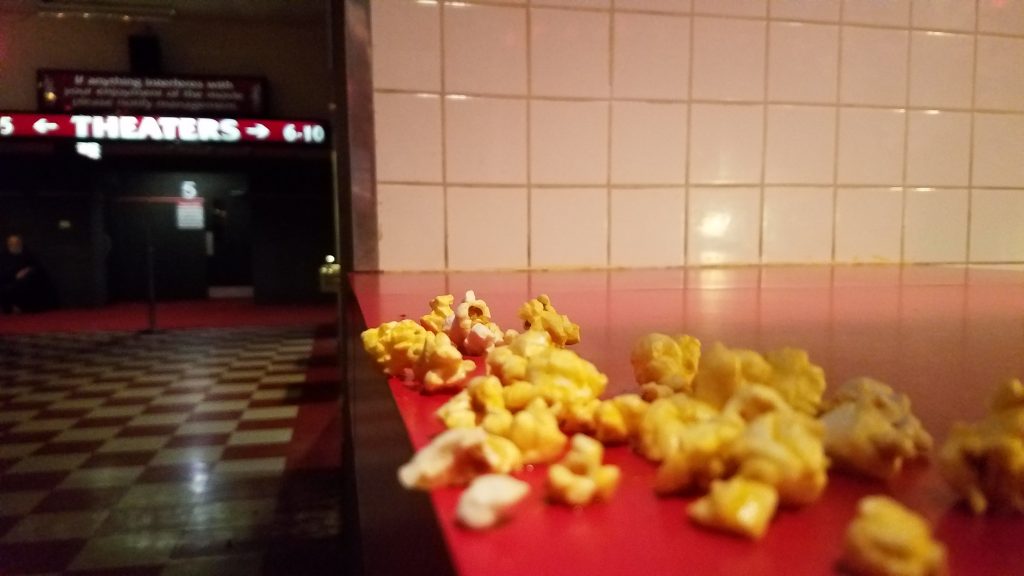
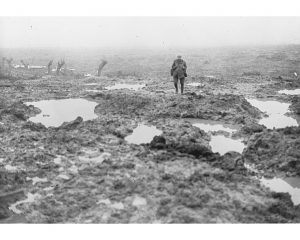
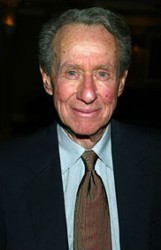
78 comments
Lyzette Flores
Hi Destiny! I think you are totally correct. Movies influence one a lot, especially the younger generation. When I was younger and I would watch all of the High School Musical movies I imagined my high school experience the same way. I realized soon that wasn’t how it was going to happen, obviously. It is important to be careful, especially younger children to be considerate when selecting what movie/show to watch.
Claudia Sanchez
Hi Destiny, this article is an interesting and I believe entirely true interpretation and discussion on how romantic media has revolutionized the notion of a romantic relationship. My favorite part of this article was the pictures on the side that depicted the romanticized troupes of couples alongside the text that broke down the faults in them. The story of Elle is a relatable one that most if not all young people go through and so this article does an amazing job at describing a real-world problem.
Daniel Matheu Baldor
I do not like watching romantic films so I have not watched too many. In my opinion, films do not influence everyone, it depends on the person. Moreover, romantic films are always surrealistic, they are not real and, for me, they do not tell a love story, but only a science- fiction one. Overall, it was a good article and I enjoyed reading it.
Hali Garcia
This was a very interesting article and I thoroughly enjoyed reading it. I really do not watch a lot of movies but I completely understand how they can impact and influence people. I liked how the author wrote the story and throughout the article described the type or stage of love the person was feeling at the time because it really kept me interested. I honestly had no idea there were stages or types of love. Great job and congratulations on the nomination.
Jaedean Leija
I like that you started the article with saying what everyone or most of society does when they hear about a new movie and read what it is about rather than looking into depth about the movie and how it could impact the young lives in a deeper way than intended. Great article , you have valid point and I agree that movies do impact and can inspire the young ones in society so when considering watching a movie than you should also consider how it can impact someone’s life on a deeper level weather it is in a negative or positive way.
Martha Nava
This was a very interesting read and topic! I am not an avid watcher of romantic films but I have seen a couple and can definitely see the impact they can have on younger audiences. It can be very hard to separate the real world from fantasy. I also like the research you did, especially how superhero movies have an impact on children. I also liked how your example of Elle was relatable to your audience.
Camryn Blackmon
Overall, this was a super interesting and engaging article. I knew that some movies or shows set unrealistic standards for relationships, but I did not consider the negative consequences that it could have on people, especially those that have never been in a romantic relationship before. I like that it was compared to children taking risks and superhero films because the media is so influential, especially on the development of children.
Jose Peralta
I really found this article interesting as I always thought that the new generation or the influence of the media has changed the perspective of various topics.
Courtney Pena
I feel like many people have high expectations for the type of partner they want due to the romantic television shows and movies that they watch. Most of them have unrealistic stories such as the example you mentioned with the movie Romeo & Juliet. Hopefully more people are able to distinguish fantasy from reality.
Aztlan Alvarado
This article is so unique but well written. This is such an unpopular topic that people choose to neglect despite its importance and relevance to everybody who encounters these movies. The use of an example with Elle gave it a different approach but a strong one despite it. Everything about the article is well done, and now allows for everyone who reads it to have some food for thought and think twice when looking at relationships in real life.